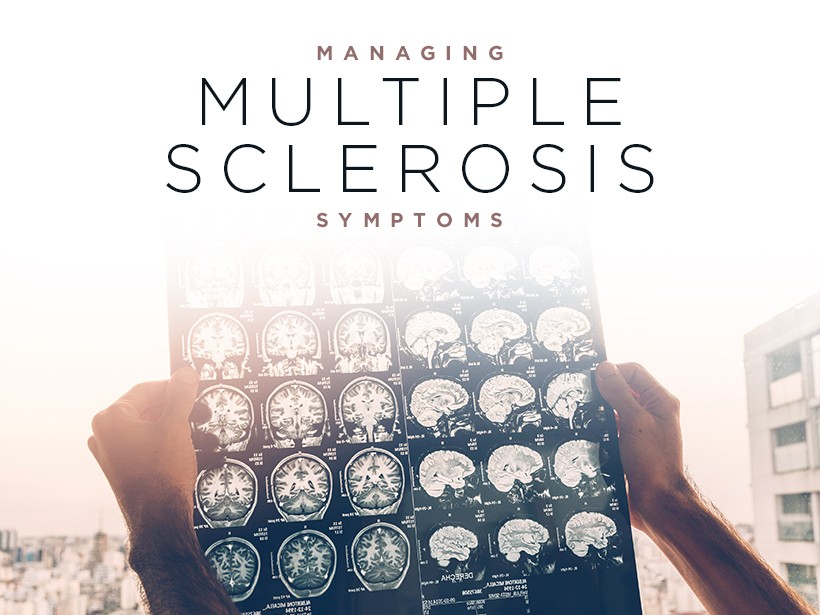One of the topics approached at the 2018 European Committee for Treatment and Research in Multiple Sclerosis (ECTRIMS)1 conference, where doctors gathered to analyze and compare data on research for Multiple Sclerosis, was that of diet: in particular, the low-carb diet known as keto.
Impact of the Keto Diet
The keto diet modifies the manner in which the body uses energy. The body primarily relies on changing carbohydrates into glucose and then burns the glucose for energy. By restricting carbohydrate intake, the body begins to break down fat into ketones and burn those as fuel instead.
The keto diet is most commonly used for weight loss. It can be incredibly effective for those who need to see substantial effects over a short period. Dieters range from patients awaiting operation to individuals on the precipice of wedded bliss.
As the diet grows in popularity, it is drawing attention for other reasons. Emerging medical studies demonstrate the keto diet may be helpful in the treatment of depression, chronic inflammation, diabetes management2, cancer, and other chronic health conditions. Many of these symptoms are present in MS patients.
Cancer
A 2017 study found that implementation of a keto diet improved lifespan and reduction in tumor size for a statistically relevant number of patients with cancerous tumors that were glucose dependent. Though the study was small, the intention was to focus on specific tumors that may be susceptible to changes in diet related to glucose. As the keto diet modifies energy production away from glucose reliance, it is well suited for the supplemental treatment of some patients.
It is worth noting that a 2016 study into the link between sugar intake and increased cancer risk demonstrated that adopting a keto diet may also be beneficial in the avoidance of cancer. The study found a striking relationship between processed sugar and cancer that had previously been attributed to obesity alone.
Epilepsy
The treatment of epilepsy through diet dates back more than one hundred years. For much of that time, the prevailing nutrition-focused treatment was the keto diet. This form of therapy is primarily recommended when a patient has tried two or more medications without success. In these cases, it is extremely unlikely that another drug will improve symptoms.
The prolonged research and overwhelmingly positive results of the keto diet on those with epilepsy–particularly children–is an excellent example of the keto diet‘s potential as a treatment for symptoms and illnesses which may be largely resistant to available medication. While substantial research in this area is lacking, it may open avenues of study for those who suffer from PTSD and other neurological conditions which have proven difficult to treat with available medication.
Impact on Multiple Sclerosis
Research into the effects of the keto diet on patients with MS is exceedingly limited. The ECTRIMS briefly touched on small studies which showed promising results but which lacked the depth necessary for statistical relevance. At this point, the future of MS treatment through diet is yet to be determined. But researchers are optimistic.
NUTRITIONAL DISCLAIMER
The content on this website should not be taken as medical advice and you should ALWAYS consult with your doctor before starting any diet or exercise program. We provide nutritional data for our recipes as a courtesy to our readers. We use Total Keto Diet app software to calculate the nutrition and we remove fiber and sugar alcohols, like erythritol, from the total carbohydrate count to get to the net carb count, as they do not affect your blood glucose levels. You should independently calculate nutritional information on your own and not rely on our data. The website or content herein is not intended to cure, prevent, diagnose or treat any disease. This website shall not be liable for adverse reactions or any other outcome resulting from the use of recipes or recommendations on the Website or actions you take as a result. Any action you take is strictly at your own risk.
- Managing Multiple Sclerosis Symptoms - January 16, 2019
- I Miss Potatoes: Please Help - December 31, 2018
- Is Keto the New (Legal) Performance Enhancer? - May 18, 2018




